what is rsv in babies covid
What is RSV. There are vaccines and.
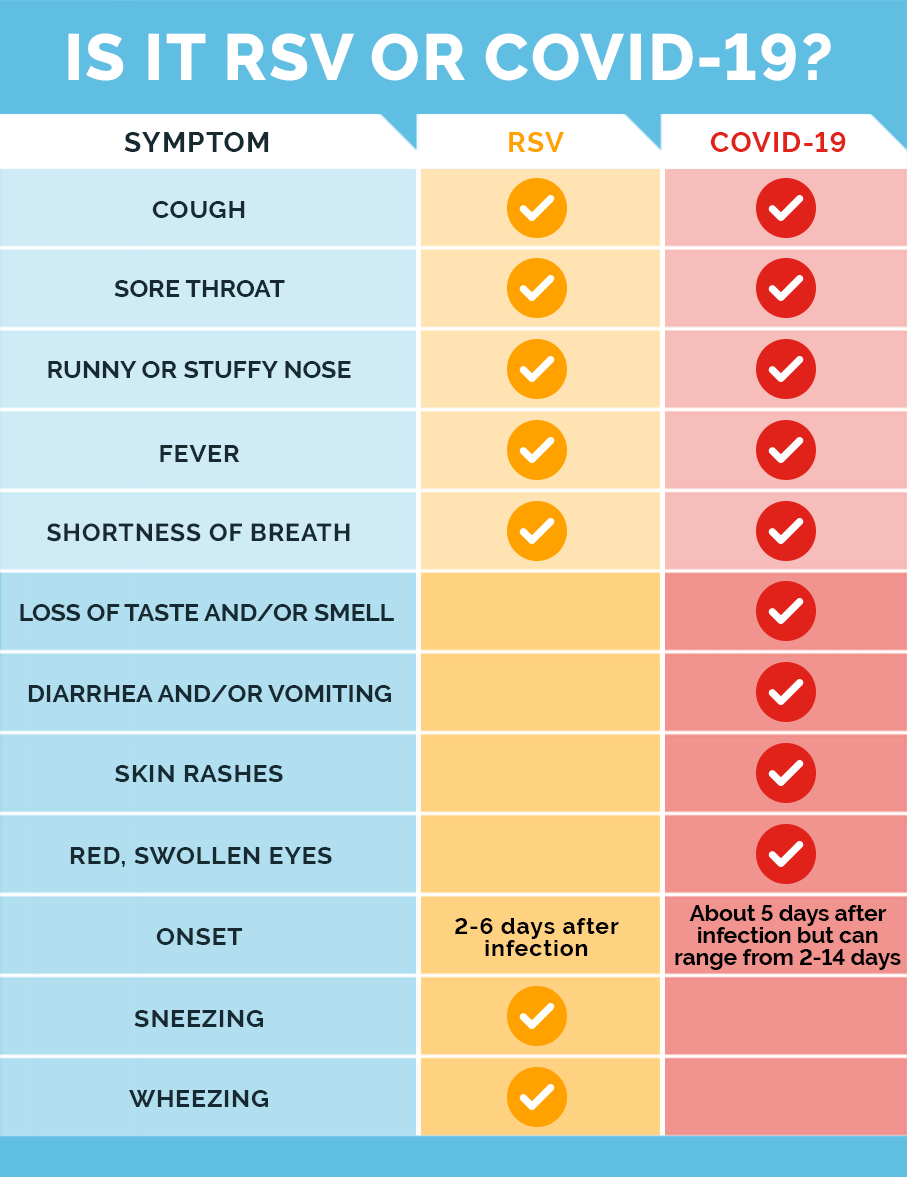
Why Is Rsv On The Rise This Summer
Infants who get an RSV infection almost always show symptoms.
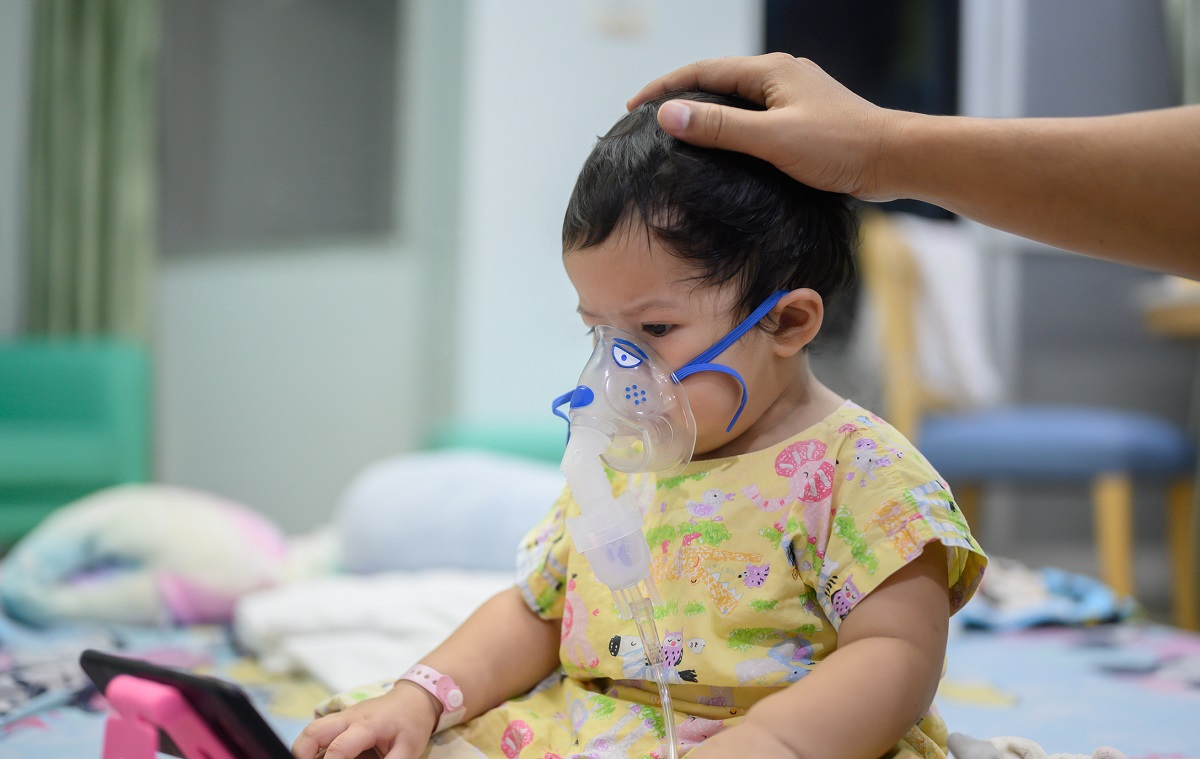
. Respiratory syncytial virus RSV is a very common respiratory illness that can present with a runny nose fever wheezing and a cough. RSV infection can be more serious in the neonatal period. In the US BA2121.
Respiratory syncytial virus is killing 100000 children under the age of five every year worldwide new figures reveal as experts say the. It spreads when a cough a sneeze or even a loud conversation sends respiratory droplets flying through the air. Respiratory syncytial virus RSV causes infections of the lungs and respiratory tract.
Andrew Gregory Health editor. RSV spreads much like COVID-19. Cases of COVID-19 continue to rise in the US -- an average of more than 100000 per day -- thanks to newer versions of the omicron variant BA2 and BA2121.
RSV is very contagious. RSV is a common virus that affects the upper respiratory system which includes the nose and throat and the lower respiratory system which includes the lungs. This is different from adults who can sometimes get RSV infections and not have symptoms.
RSV is a common respiratory infection in young children that usually occurs in winter but this year it has been spreading during the summer. It spreads between babies children and older people in respiratory droplets similar to the way coronavirus and influenza spread. Respiratory syncytial virus RSV is a contagious viral infection that causes symptoms such as decreased appetite runny nose sneezing coughing and mild fever.
You can contract RSV if you get these. RSV is a common respiratory virus that usually causes mild cold-like symptoms in most people according to the CDC. In a typical year RSV leads to about 177000 hospitalizations and 14000 deaths among adults 65 and older and 58000 hospitalizations and as many as 500 deaths in children.
Trouble breathing or rapid breathing. It spreads a few different ways. For most babies and young.
CNN Pfizer and BioNTech announced Monday that three doses of their vaccine were safe and produced a. Gupta reacts to Modernas recommendation for kids under 6 0333. The virus can give children a cough and a fever and sometimes wheezing.
What is RSV. Almost every child will get RSV by the age of 2. Respiratory syncytial virus or RSV is a viral infection common in children.
RSV symptoms range from mild to severe and commonly include. In adults and older children RSV is typically a mild illness very similar to the. RSV is a contagious virus thats spread just like the common cold often between October and April.
If your child has a cold or symptoms of COVID-19 or RSV infection isolate them from other children until their symptoms resolve. RSV is usually mild but not in babies RSV is a seasonal virus that primarily affects children and its really common. Its so common that most children have been infected with the virus by age 2.
The bottom line Reports of kids developing. In cases with suspected COVID-19 infection it should be kept in mind if atelectasis is seen on chest radiography. RSV is a common childhood respiratory virus that mostly afflicts young children often under the age of 5.
For the vast majority of people this virus causes a mild. Infants 6 months or younger Babies who were born early Children under 2 with chronic lung or heart disease Children with a weak immune system Children who have trouble swallowing Each year RSV. Respiratory syncytial virus RSV is a common and very contagious virus that infects the respiratory tract of most children before their second birthday.
Through droplets stemming from coughing sneezing kissing and more according to the CDC. In most people the virus. The disease is known to be particularly prevalent among the very young Image.
Getty ImagesiStockphoto RSV stands for Respiratory Syncytial Sirus and is a common. Respiratory droplets are tiny sprays of water that come from your nose or. What is RSV in babies.
It can spread to the lower respiratory. RSV is a common respiratory pathogen so common in fact that nearly all of us are infected with it by the age of two. RSV is caused by the respiratory syncytial virus a highly contagious virus that can infect children and adults.
Congestion or runny nose. Most kids have had the virus by the time they turn 2.

How Rsv Affects Babies And Young Children Babycenter

Rsv Respiratory Syncytial Virus Symptoms Causes Treatment Everyday Health

Differences Between Rsv Flu And Pneumonia Cleveland Clinic

Bronchiolitis And Rsv After Hours Kids Pediatric Clinic
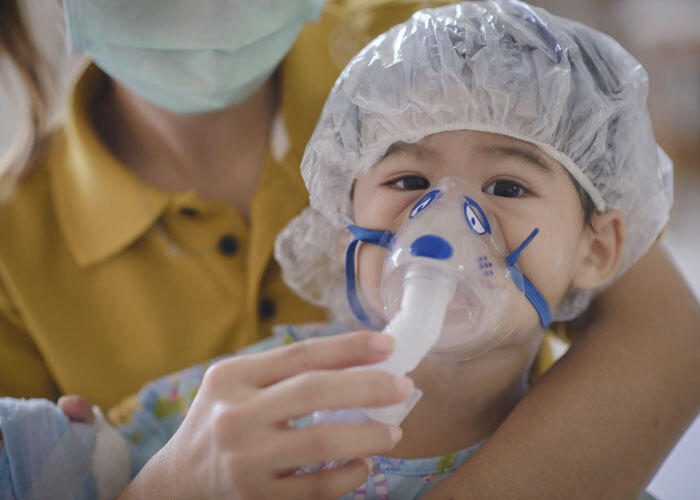
Rsv In Babies Symptoms Prevention Resemblance To Covid 19

How To Recognize The Warning Signs Of Rsv Allergy Asthma Network

Respiratory Syncytial Virus Rsv National Foundation For Infectious Diseases

Understanding The Difference Between Rsv And Covid 19 Rainbow Pediatrics Rainbow Pediatrics
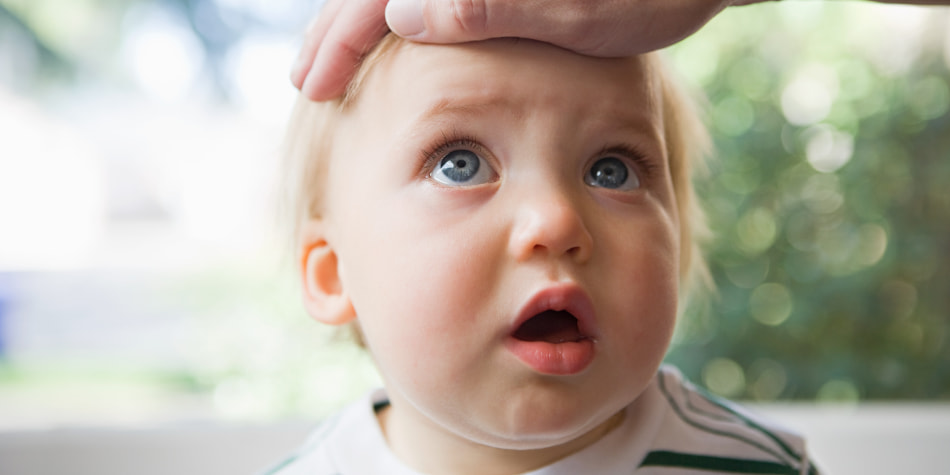
Could Your Baby Have Rsv And Should You Take Them To The Er Eastern Idaho Regional Medical Center Idaho Falls Id

The Abc S Of Rsv Signs Symptoms University Of Utah Health

Respiratory Syncytial Virus Rsv National Foundation For Infectious Diseases
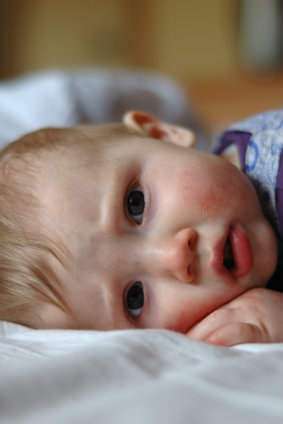
10 Things Every Parent Should Know About Rsv Respiratory Syncytial Virus Montreal Children S Hospital
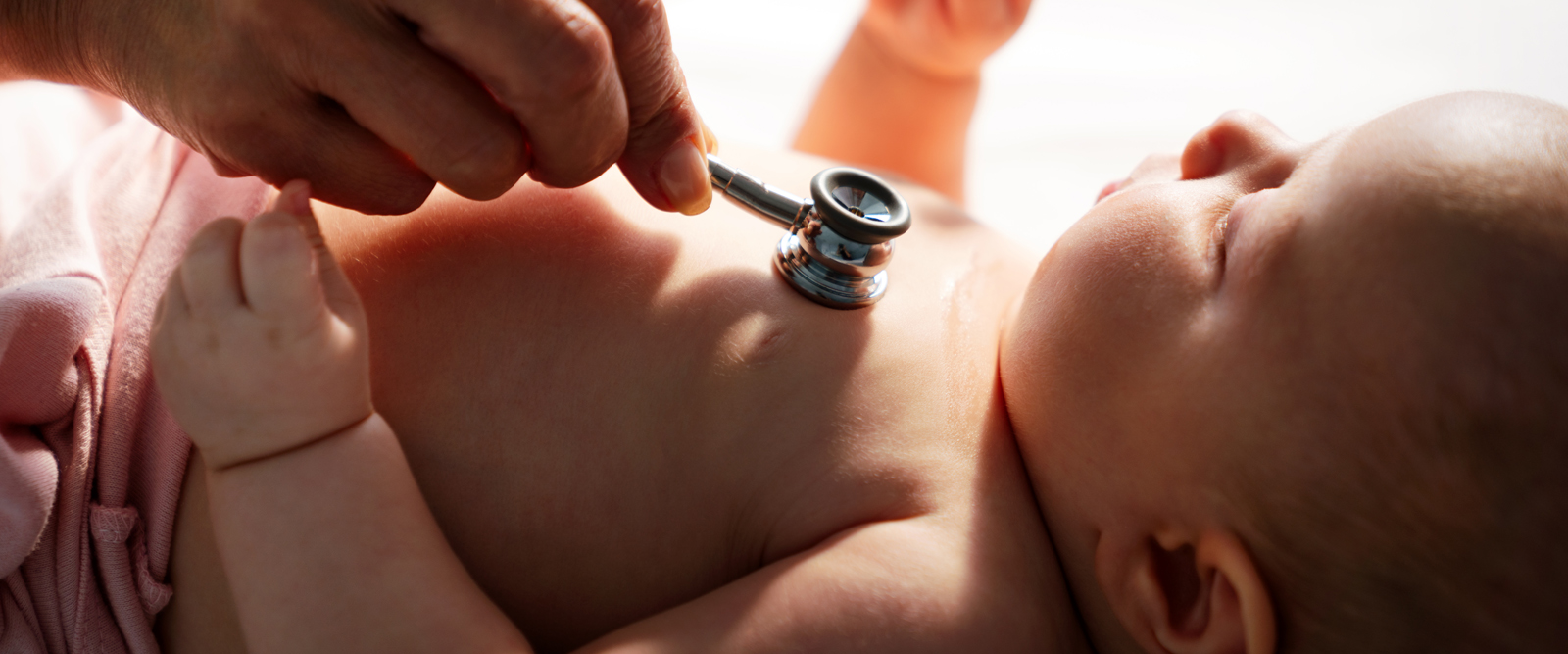
Why Is Rsv On The Rise This Summer

A Parent S Guide To Treating Cold Flu And Covid 19 Unc Health Talk

The Medical Minute What Parents Need To Know About A Rise In Rsv Penn State University

Respiratory Syncytial Virus Rsv National Foundation For Infectious Diseases

Patient Education Bronchiolitis And Rsv In Infants And Children Beyond The Basics Uptodate

Viral Concerns Keep Your Children Safe From The Rsv Virus Lee Health

Omicron Faqs Is The New Variant More Of A Risk To Infants And Toddlers What About Vaccinated Kids Connecticut Children S